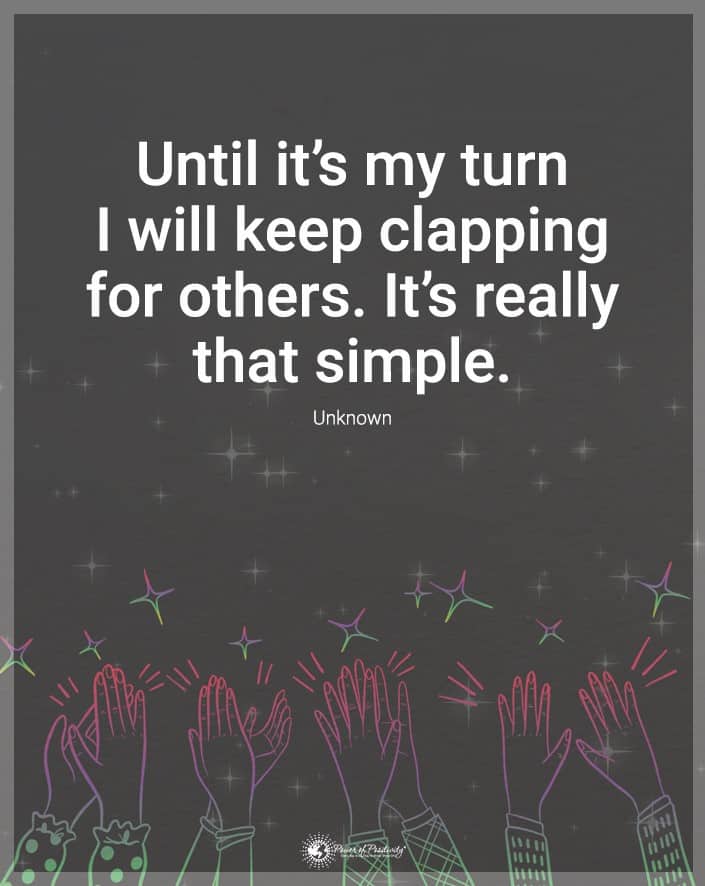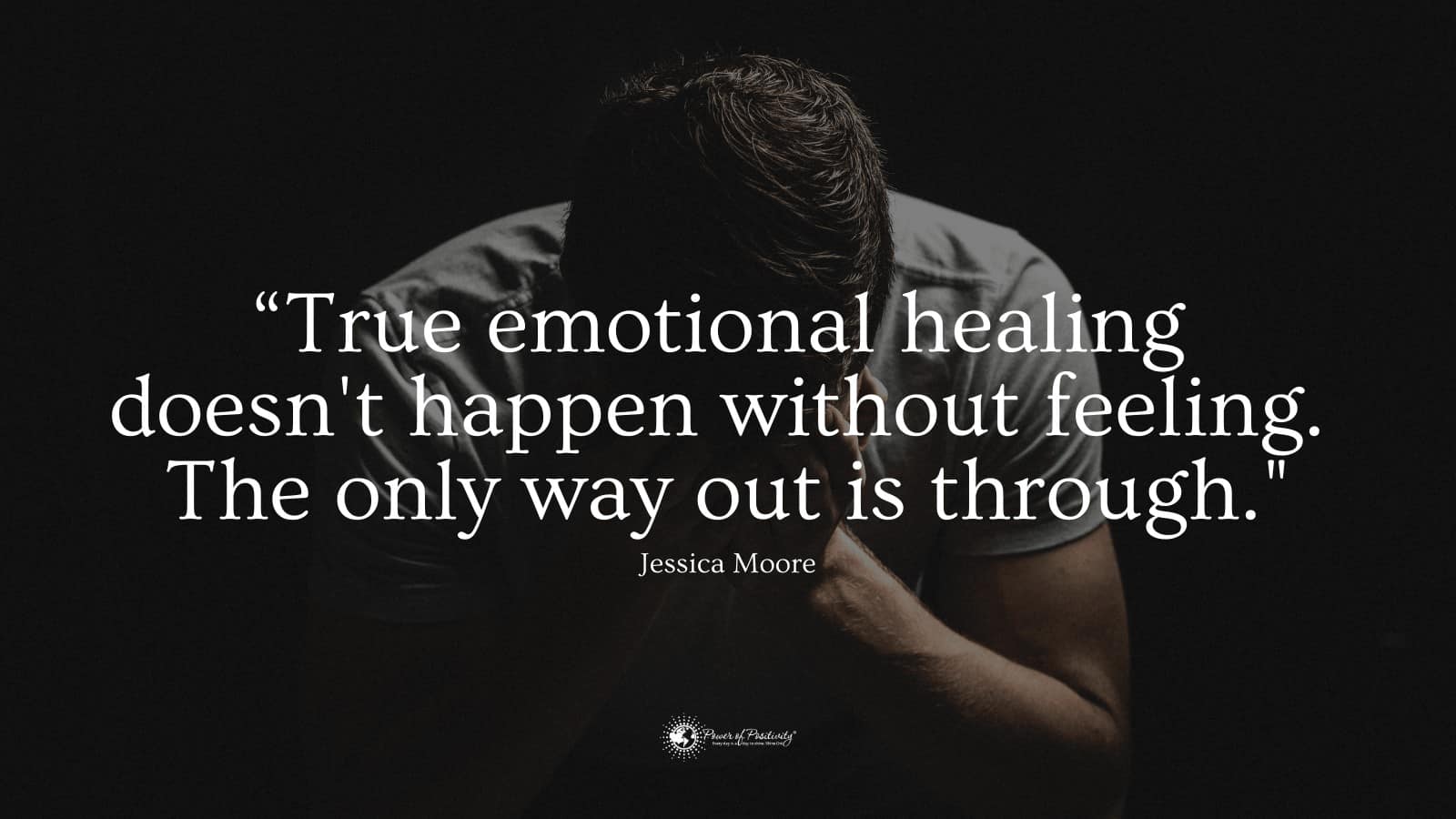Gentlemen used to be defined by their aristocratic birth, but these days they are often thought to be a dying breed. From James Bond to Prince Charming, true gentlemen are often the stuff of fantasy.
Think you might have found a true gentleman? Your man might not be born into the life of a gentleman, but if he shows these signs, then he’s on the right track.
10 Signs You’ve Found a True Gentleman
1. His heart is in the right place.
He might not always succeed, but your gentleman has good intentions. Doing the right thing isn’t his motto, it’s his way of living. He’s kind even to strangers and inspires kindness in return.
2. He puts others at ease.
People find it easy to talk to him and feel better around him. He can make people comfortable even in the most awkward social settings. Meeting the parents for the first time? Don’t worry, within a half hour; they’re already calling him ‘Son.’ You’ve never waltzed before? He makes you feel like you’ve got moves like Cinderella.
He’s charismatic, and people are drawn to him. He likes to make people laugh and is usually smiling himself. A true gentleman doesn’t have to take a class in etiquette because he can teach it himself.
3. He respects your needs.
He could hold the door for you every time, but if you’ve chosen to show your independence by getting it yourself, he’s supportive of that too. Chivalry isn’t dead to him, but he also knows you can slay a dragon all by yourself.
He cares about you and demonstrates that with his actions. You’ve found a true gentleman if he takes the time to learn what pleases you. Sex with him is more about your pleasure than his. He takes pleasure in doing what makes you happy.
4. He has interests outside of work.
Your gentleman has found a hobby or craft that he’s passionate about. It stimulates his mind and gives him an outlet for his creativity. He could be a culinary genius or a wine aficionado, but something is fascinating to him. He loves sharing his passion with others.
5. He takes pride in his appearance.
You’ve found a true gentleman if he never offends you with his odor or appearance. He combs his hair, shaves or styles his facial hair, he doesn’t wear stained clothes, and he takes care of his physique as well.
He has a unique style that sets him apart from the crowd. He’s more likely to pass on trends in favor of classic styles. His Throwback Thursday photos look just as stylish as the picture you took of him yesterday.
6. He knows himself.
A true gentleman is opinionated but not forceful. He just knows what he likes and doesn’t like. He’s decisive and always stands up for his core values when someone challenges him.
He has conviction in his beliefs, and his moral character is unquestionable. According to The Gentleman’s Journal, a true gentleman says what he means and means what he says. He’s confident without being arrogant.
7. He makes you a priority.
You’ve never felt like he just doesn’t have time for you. Your true gentleman makes eye contact when you speak, and he stops what he’s doing to listen. He makes you feel fascinated by the level of interest that he shows.
8. He likes to learn.
A gentleman never acts like a know-it-all. He gets excited about learning a new skill because he’s happy when his brain is active. He likes to engage with people from other cultures. Thus, he enjoys traveling to new places, discussing politics, or debating. He is open to differing opinions.
He might have a formal education. But it’s just as likely that your true gentleman learned from the School of Hard Knocks. He has a wonderful imagination and can be creative too. He’s likely to be an expert at something.
9. He is honest.
You’ve found a true gentleman if he is true to himself and anyone he’s just met. He has nothing to hide because he’s authentic and real. Lying just isn’t in his character. The only thing a true gentleman would conceal is a surprise for you.
10. He is always in control.
A true gentleman isn’t controlling of others. He maintains control of himself. He knows that emotions can run high at times. But he never lets them see him sweat. He could be stressed, but he looks cool under pressure.
He rarely raises his voice or gets physical when angry, and you’ve never heard him curse. He’s in control of his temper, in fact, you wonder if he even has one.
Final Thoughts on Finding a Gentleman
“I can make a lord, but only God can make a gentleman.” – King James I
If your gentleman has these traits, consider yourself lucky to have found him. He’s a rare one, and all these signs indicate a happy you.













